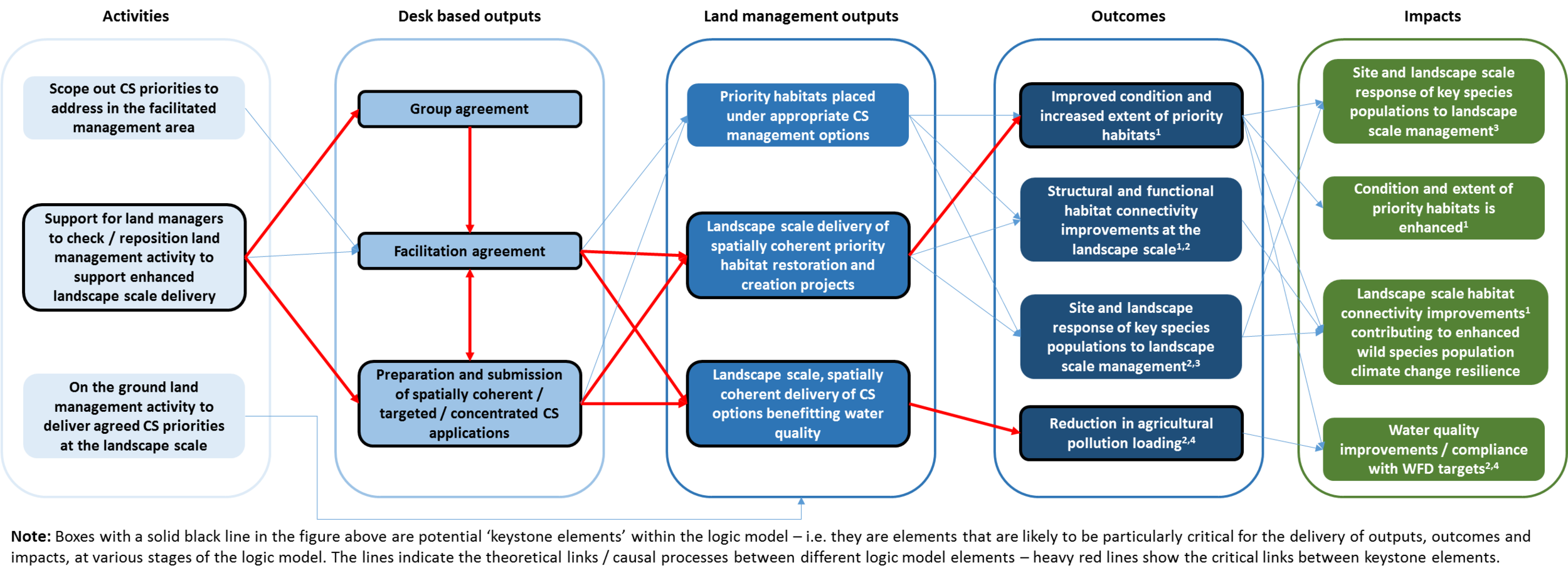CEP undertaking evaluation of Natural England’s Environmental Benefits from Nature tool
CEP is undertaking the evaluation of Natural England’s Environmental Benefits from Nature tool.
The Beta version of the tool was released for testing in July 2021. The tool is intended to expand net gain approaches to include wider Natural Capital benefits such as flood protection, recreation and improved water and air quality.
Natural England has been developing the Environmental Benefits from Nature (EBN) tool as a voluntary tool to encourage developers to consider net gain of wider ecosystem services at the same time that they work to achieve mandatory Biodiversity Net Gain (BNG).
The evaluation of the Environmental Benefits from Nature Tool (EBN) is intended to deliver the recommendations of the work carried out by CEP early in 2021 on the Creation of an Evaluation Framework for the Environmental Benefits from Nature Tool and ultimately support Natural England’s work to deliver the 25 Year Environment Plan (25 YEP) commitment to expand net gain approaches.
This evaluation will look at who is using the tool in the Beta phase, for what purposes, in what ways and why. The results will help take the tool forward into the future ensuring it is able to deliver on policy needs and requirements and that it continues to have the support of users.
The evaluation will:
-
co-ordinate and evaluate up to 20 case-studies of users of the EBN tool, based upon a list supplied by the NE PM, to assess the impact of the EBN tool at different scales, in different uses and at different stages of development
-
document the way the tool has been applied, the actions taken, why it has been applied in these ways and the results of these applications
-
carry out a case study with a local planning authority (LPA) to take an in depth look at their experience of interacting with the EBN tool in their capacity of both approving planning decisions and acting as a consultee for changes in land use that do not require Local Authority planning permission.
The project will run till the end of March 2022.
For further information, contact Paula Orr (Technical Director)












